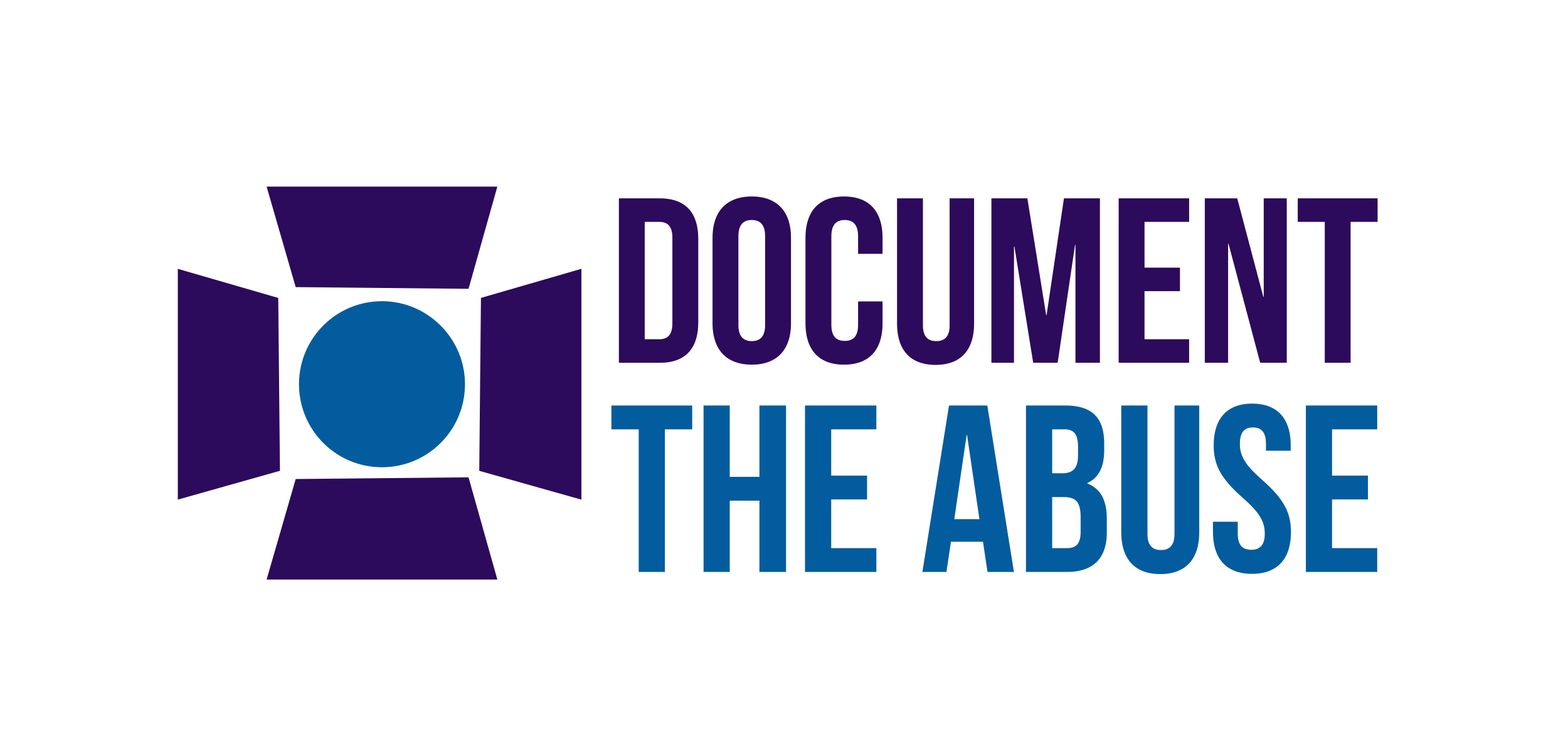How the EAA Helps Victims in Court: A Legal Perspective
Victims of abusive relationships often find themselves in a predicament when it comes to the legal process. The stress and trauma they endure can impair their ability to recall and present crucial details about their abuse when they need to go to court or obtain a protective order. The Evidentiary Abuse Affidavit (EAA) emerges as a vital tool in such scenarios, offering a comprehensive way to gather and preserve evidence. This affidavit not only aids victims but also enhances the integrity of the legal process.
Documentation Matters
Understanding the Evidentiary Abuse Affidavit
The EAA is a notarized, legally recognized document that enables victims of abuse to compile and document evidence of their experiences in a systematic manner. It typically includes:
Detailed Accounts of Abuse: Victims can provide descriptions of the abuse they have suffered, including dates, times, locations, and specific incidents. This can encompass physical, emotional, sexual, and financial abuse.
Supporting Documentation: The affidavit can include photographs, medical records, police reports, and any other relevant documents that corroborate the victim's account.
Witness Statements: Victims can gather statements from friends, family members, neighbors, or colleagues who have witnessed the abuse or its aftermath.
Financial Records: Evidence of financial abuse, such as bank statements, credit card records, and other financial documents, can be included to illustrate patterns of economic control and exploitation.
The Legal Benefits of the EAA
The EAA offers several key advantages from a legal standpoint, particularly in the context of the challenges faced by victims of abuse:
Consolidation of Evidence: One of the most significant benefits of the EAA is the consolidation of all relevant evidence in one place. This approach ensures that nothing is overlooked and that all aspects of the abuse are documented systematically. This can be crucial in legal proceedings where the thoroughness of evidence can make or break a case.
Reduced Stress for Victims: Victims of abuse often suffer from severe stress, anxiety, and trauma, which can impair their memory and cognitive functions. The process of recalling and articulating their experiences can be overwhelming. The EAA alleviates this burden by allowing victims to document their experiences over time, in a safe and controlled environment, rather than under the pressure of a courtroom or during a protective order hearing.
Enhanced Credibility and Consistency: Courts and legal authorities often look for consistency in a victim's account of events. The EAA helps in maintaining this consistency by providing a detailed and chronological record of abuse. This reduces the likelihood of discrepancies that can arise from the fragmented recall often associated with trauma.
Legal Preparedness: By having an EAA, victims are better prepared for legal proceedings. Whether seeking a protective order or pressing charges, the affidavit provides a collection of evidence that can be presented to law enforcement, legal representatives, or the court. This preparedness can significantly expedite the legal process and improve the chances of obtaining a favorable outcome.
Protection Against Retaliation: In cases where the victim fears retaliation from the abuser, the EAA can serve as a safeguard. The documented evidence can be used to quickly secure protective orders or other legal protections without requiring the victim to repeatedly recount their experiences, which can be both traumatic and dangerous.
Support for Legal Counsel: Attorneys representing victims of abuse can greatly benefit from the EAA. It provides a clear understanding of the case, allowing legal counsel to build stronger arguments, anticipate counterarguments, and effectively advocate for the victim’s rights and safety.
The Challenges of Recalling Key Details
The stress and trauma experienced by victims of abuse can significantly impair their ability to recall key details and is well-documented in psychological studies and is a major barrier in legal proceedings:
Memory Impairment: Trauma can disrupt the normal functioning of memory, leading to fragmented, inconsistent, or suppressed recollections. Victims may struggle to remember specific incidents or details, which can undermine their credibility in court.
Emotional Distress: The process of recounting traumatic events can trigger severe emotional distress, making it difficult for victims to provide coherent and detailed testimony. This distress can be aggrevated by the intimidating environment of a courtroom or the presence of the abuser.
Cognitive Overload: The legal process often requires victims to recall and present numerous details under significant stress. This cognitive overload can result in omissions, inconsistencies, and errors, further complicating the legal process.
The Evidentiary Abuse Affidavit is a powerful tool that addresses these challenges by providing a structured method for documenting abuse. From a legal standpoint, the EAA enhances the quality and consistency of evidence, supports the victim's mental and emotional well-being, and improves the efficiency of legal proceedings. For victims of abuse, the EAA can be a crucial lifeline, ensuring their stories are heard and justice is served.
If you are self-represented and without an attorney, knowledge is key to presenting your case in court. Visit LawYouAmerica for vital resources and information for the best outcome.
For more information on the Evidentiary Abuse Affidavit, please check our website pages for detailed instruction.
If you are a victim of violence, stalking, or harassment this link takes you directly to the Evidentiary Abuse Affidavit. CLICK HERE

